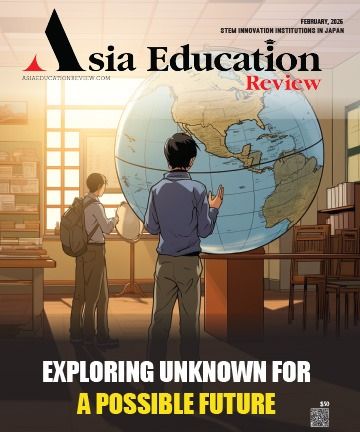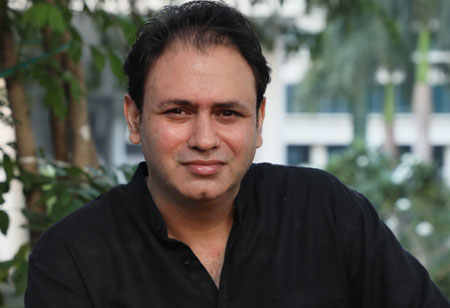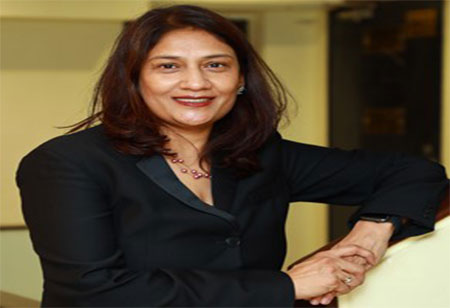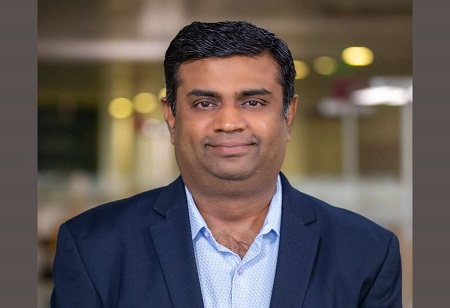Palestine Polytechnic University: A Beacon of Innovation, Resilience, & Academic Excellence in the Middle East
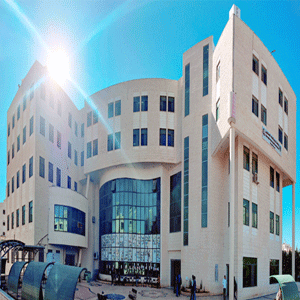
Palestine Polytechnic University
Higher education in the Middle East has experienced a significant transformation in recent decades. Once dominated by traditional academic disciplines and rigid pedagogies, universities in the region are now embracing innovation, entrepreneurship, and research-driven learning. This shift is not merely cosmetic, it reflects a deeper societal need to adapt to global economic trends, technological advancement, and the urgent demands of sustainable development. Within this dynamic educational landscape, many universities have emerged as regional leaders in applied sciences and technological research.
These institutions are particularly important in countries like Palestine, where political and economic challenges demand creative, future-focused solutions. Among the frontrunners of this educational evolution is Palestine Polytechnic University (PPU), a pioneering institution that has redefined what it means to teach, learn, and serve a community.
From Technical Roots to National Leadership
Palestine Polytechnic University was established in 1978 in the city of Hebron, initially as a technical institution offering two-year diploma programs. The primary goal at the time was clear, which is to fill the labor market gap between highly trained engineers and skilled technicians. Hebron’s industrial character made it a fitting backdrop for such a mission, as the city has long been a hub of manufacturing and craftsmanship.
In response to growing educational needs and market demands, PPU transitioned into a full-fledged university by 1998. It expanded its academic offerings to include bachelor’s and postgraduate programs in engineering, applied sciences, administrative sciences, humanities and health-related fields. While retaining its technical education legacy, the university developed a unique model that blends theory with hands-on application, ensuring that its graduates are equipped with both academic knowledge and practical expertise.
PPU’s commitment to excellence is visible in the employability of its students. Graduates often secure jobs quickly, a testament to the institution’s ability to align its curricula with real-world requirements. Its reputation as a leading Palestinian university is also strengthened by its research output, industry partnerships, and a growing list of international collaborations.
Learning through Doing - a Model of Applied Education
What distinguishes PPU from many other universities in the region is its deep integration of work-based learning into the academic framework. This educational philosophy is embedded across its faculties, from engineering to environmental science. Instead of limiting education to classrooms and textbooks, PPU’s programs require students to engage directly with industries, companies, and community challenges.
“The university employs a variety of models to achieve this, including ’sandwich programs’, where students spend an entire academic year working in companies before returning to complete their degrees.
Another innovative model is the dual education system, inspired by Germany’s vocational training approach. In this system, students alternate between three-month academic sessions and three-month work placements, gaining both theoretical instruction and industry experience”, shares Mustafa Abu Safa, President, PPU.
In addition to these structures, PPU maintains strong advisory links with private sector partners. These partners actively contribute to curriculum development and offer mentorship, training, and employment opportunities to students. Such partnerships ensure that university programs remain relevant and responsive to the evolving needs of the job market.
Empowering Careers & Entrepreneurial Thinking
At the heart of PPU’s mission is the preparation of students for meaningful careers and entrepreneurial success. The university has adopted a forward-thinking strategy to become an entrepreneurial university, one that nurtures not just job-seekers but also job-creators. Every student receives training in life skills and entrepreneurship as part of their academic journey. Those with promising business ideas are supported by the university’s incubator and Technology Transfer Center, which help transform concepts into viable startups.
PPU’s Career Development Center also plays a vital role in student success. It provides regular workshops on resume writing, interview techniques, and job search strategies. Annual career fairs bring industry leaders to campus, facilitating direct connections between students and potential employers. This ecosystem of support has made PPU graduates competitive not just in the Palestinian job market but also abroad.
The university’s commitment to career development is matched by its emphasis on research and innovation. It hosts a number of specialized centers in fields like biotechnology, water and energy, artificial intelligence, and industrial electronics. These centers serve both academic researchers and students, fostering a culture of inquiry and experimentation. Facilities such as fabrication laboratories, open innovation labs, and digital access to global databases enable students to work on real-world problems and develop tangible solutions.
A Vision Grounded in Resilience & Innovation
Despite the challenges posed by Palestine’s political and economic landscape, PPU continues to look toward the future with optimism and strategic clarity. Its roadmap is defined by adaptability, technological integration, and a steadfast commitment to educational quality. The university is currently investing in digital transformation and the integration of artificial intelligence into teaching and learning. A newly established AI center, known as AISER, is designed to support faculty and students in navigating emerging technologies.
Despite the challenges posed by Palestine’s political and economic landscape, PPU continues to look toward the future with optimism and strategic clarity
PPU’s future is also grounded in its ability to collaborate across borders. With academic partnerships in the United States, Europe, and the Arab world, the university is building a global network that enhances its academic offerings and research capabilities. Locally, it remains deeply embedded in the industrial and economic fabric of Hebron, contributing to workforce development and community advancement.
Perhaps most importantly, PPU continues to serve as a model of perseverance and purpose. In a region marked by instability, the university has managed not only to survive but to thrive, educating generations of engineers, scientists, health professionals, and entrepreneurs who are shaping the future of Palestine.
To sum it up, Palestine Polytechnic University stands as a beacon of innovation, resilience, and academic excellence in the Middle East. From its humble beginnings as a technical institute to its current status as a comprehensive, entrepreneurial university, PPU has consistently aligned its mission with the needs of its society.
Through its applied learning model, industry partnerships, and forward-looking vision, it exemplifies the transformative power of education. As higher education in the Middle East continues to evolve, institutions like PPU offer both inspiration and a blueprint for how universities can lead change in even the most challenging circumstances.
🍪 Do you like Cookies?
We use cookies to ensure you get the best experience on our website. Read more...

